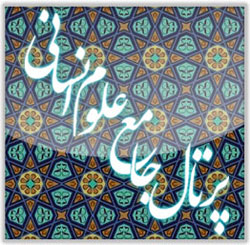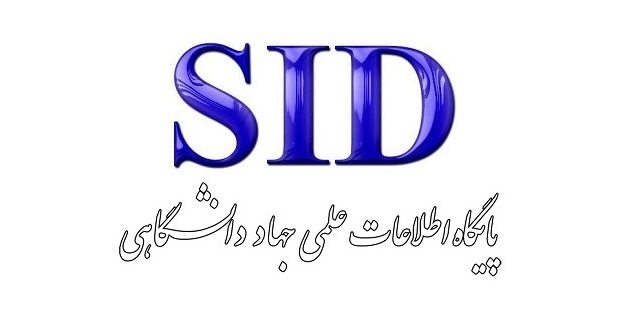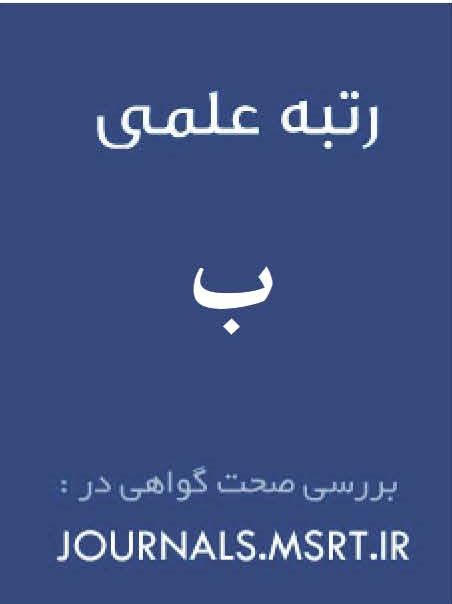A Dramatic Reading of the Story of Ebrahim Adham in Tazkirat al-Awliya by Attar of Nishapur
Keywords:
Taskirat al-Awliya Attar, Sufism, Dramatic Aspects, Play, Ibrahim AdhamAbstract
Tazkirat al-Awliya by Attar of Nishapur concerns the lives, spiritual states, thoughts, and narratives of mystics and Sufi masters. Attar has endeavored to depict the political, social, economic, and literary conditions of his era. In examining the dramatic aspects, in addition to understanding Attar’s mental framework and linguistic style, one must possess comprehensive familiarity with elements of drama such as dramatic motifs, genre, style, and modes of performance. The story of Ebrahim Adham holds inherent dramatic potential, which can be actualized by exploring its dramatic elements and analyzing diverse ways of employing them in theatrical adaptation. The central question posed is: what are the dramatic aspects of this story, and how can analyzing these aspects lead to the creation of a dramatic reading? The method applied in this study is analytical–descriptive, and the data have been collected through library research. The findings indicate, to some extent, the dramatic value of a sample story from Tazkirat al-Awliya and may contribute to transforming other narratives from this work into plays.
Downloads
References
1. Esslin M. Donyay-e Dram (The World of Drama). Tehran: Hermes Publications; 2008.
2. Nāzerzādeh Kermāni F. Darāmadi be Namāyeshnameh Nevisi (An Introduction to Playwriting). Tehran: SAMT Publications; 2004.
3. Letwin D, Stockdale J. Memāri-ye Dram (The Architecture of Drama). Tehran: Sāqi Publications; 2018.
4. Bolton M. Kalbedshenasi-ye Dram (The Anatomy of Drama). Tehran: Ghatreh Publications; 2004.
5. Jaspers K. Tragedy Kāfi Nist (Tragedy Is Not Enough). Tehran: Markaz Publishing; 2018.
6. Qāderi N. Ānātomi Sākhtār-e Dram (The Anatomy of Dramatic Structure). Tehran: Neyestān Publications; 2001.
7. Kāt M. Tafsiri bar Trāzhedi-ha-ye Yunan-e Bāstān (An Interpretation of Ancient Greek Tragedies). Tehran: SAMT Publications; 2009.
8. Daiches D. Setizeh-ha-ye Naqd-e Adabi (Critical Approaches to Literature). et al., editor. Tehran: Elmi Publications; 1987.
9. Holton O. Moqaddameh bar Te'ātr (Introduction to Theatre). Tehran: Soroush Publications; 1985.
10. Fanaeian T. Tragedy va Ta'ziyeh (Tragedy and Ta'ziyeh). Tehran: University of Tehran Press; 2010.
11. Ahmadi B. Az Neshaneh-ha-ye Tasviri ta Matn (From Pictorial Signs to Text). Tehran: Markaz Publications; 1992.
12. Cuddon JA. Farhang-e Towsifi-ye Adabiyat va Naqd (A Dictionary of Literary Terms and Literary Theory). Tehran: Shadegān Publications; 2001.
13. Makki I. Shenākht-e Avāmel-e Namāyesh (Understanding the Factors of Performance). Tehran: Soroush Publications; 2011.
14. Hodge F. Kārgar-dāni - Namāyeshnameh (Play Directing - A Play). Tehran: SAMT Publications; 2018.
15. Helmich J. Chehreh Pardāzi barāye Cinema, Television va Te'ātr (Makeup for Film, Television, and Theatre). Tehran: Sāzmān-e Owqāf va Omour-e Kheirieh Publishing; 2014.
16. Pāpiān N. Farhang-e Mosavvarsazi (Dictionary of Illustration). Tehran: Amir Kabir Publications; 2005.
17. Blocker I. Anaser-e Filmnameh Nevisi (The Elements of Screenwriting). Tehran: Hermes Publishing; 2013.
18. Hāshemi SM. Ferdowsi va Honar-e Cinema (Ferdowsi and the Art of Cinema). Tehran: Elmi Publications; 2011.
19. Shoon W. Rāhnamā-ye Nourpardāzi (Lighting Handbook). Tehran: Elmi Publications; 2021.
20. Kesby IA. Dark-e Film (Understanding Film). Tehran: Sarcheshmeh Publications; 2004.
21. Emami M. Shakhsiyyat Pardazi dar Cinema (Characterization in Cinema). Tehran: Barg Publications; 1994.
22. Egri L. Fan-e Namayeshnameh Nevisi (The Art of Dramatic Writing). Tehran: Negah Publications; 2004.
23. McKee R. Dialog (Dialogue). Tehran: Hermes Publications; 2019.
24. Attar Neyshabouri F. Tazkerat al-Awliya (The Memorial of the Saints). Tehran: Markazi Publications; 1957.
Downloads
Published
Submitted
Revised
Accepted
Issue
Section
License
Copyright (c) 2025 حبیب آقائی (نویسنده); کامران پاشایی فخری; پروانه عادل¬زاده (نویسنده)

This work is licensed under a Creative Commons Attribution-NonCommercial 4.0 International License.








